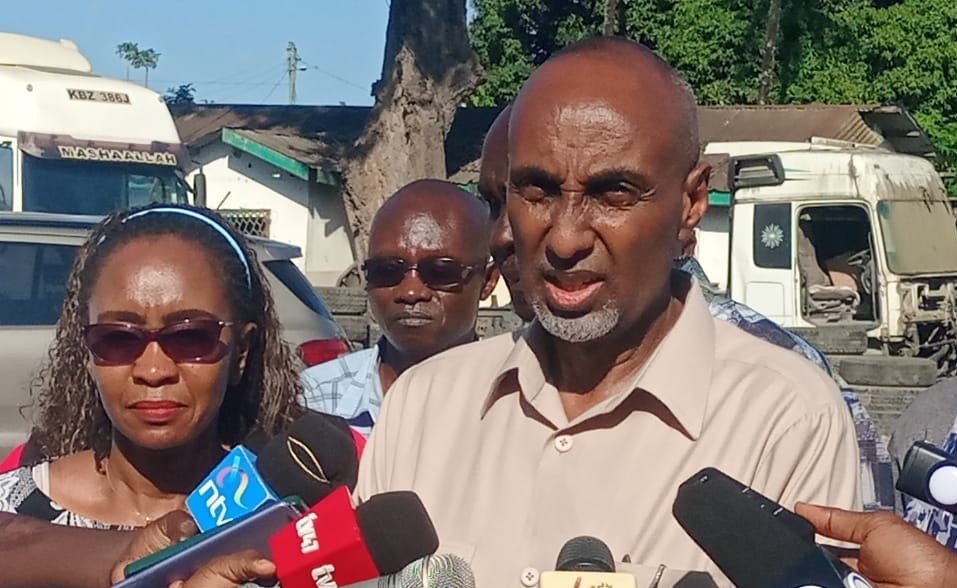A number of cows have died after allegedly eating nylon bags used by humanitarian organisations to distribute livestock feed in Kajiado.
They apparently were tossed away by passersby.
The relatively new phenomenon — death by plastic bags — hits county livestock farmers at the time when the drought has killed more than 100,000 cows dying for lack of water.
Prominent farmer Kenny Matampash on Tuesday said he lost four graded heifers after they ate polythene bags thrown into his farm.
“Two dead cows are Friesian heifers valued at Sh400,000. The nylon bags were thrown into my ranch by passersby,” Matampash said on Wednesday.
Matampash appealed to organisations distributing food and livestock feed to advise residents to dispose properly of the nylon bags.
He is country director of the Neighbours Alliance Initiative, which operates in 21 counties.
“This is not only happening to livestock but also to ruminant wild animals such as zebras that roam the savannas,” Matampash said.
Matampash, a member of the county drought mitigation committee, said the drought is not only the result of climate change but also the failure of the county to harvest water and build mega dams.
The large-scale farmer and a rancher said livestock rearing is no longer sustainable and urged those in government to advise livestock farmers to grow crops.
“With water, farmers in Kajiado can plant anything from food to grass for their reduced livestock,” Matampash said.
(Edited by V. Graham)
















